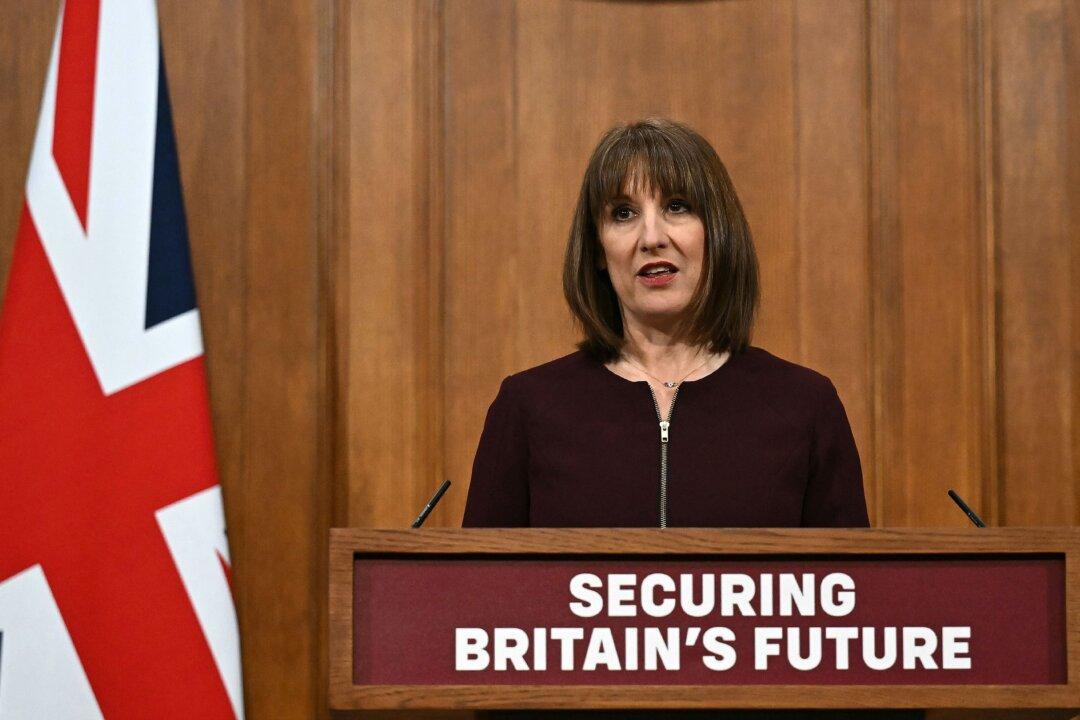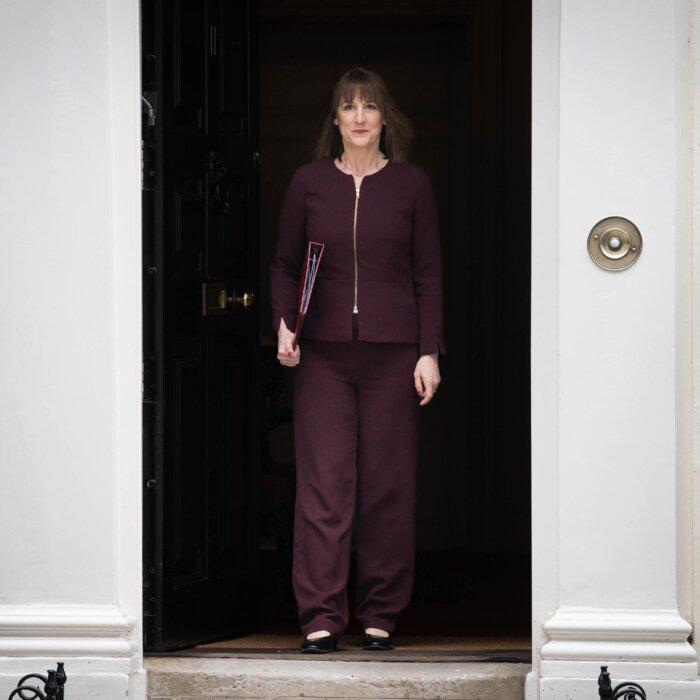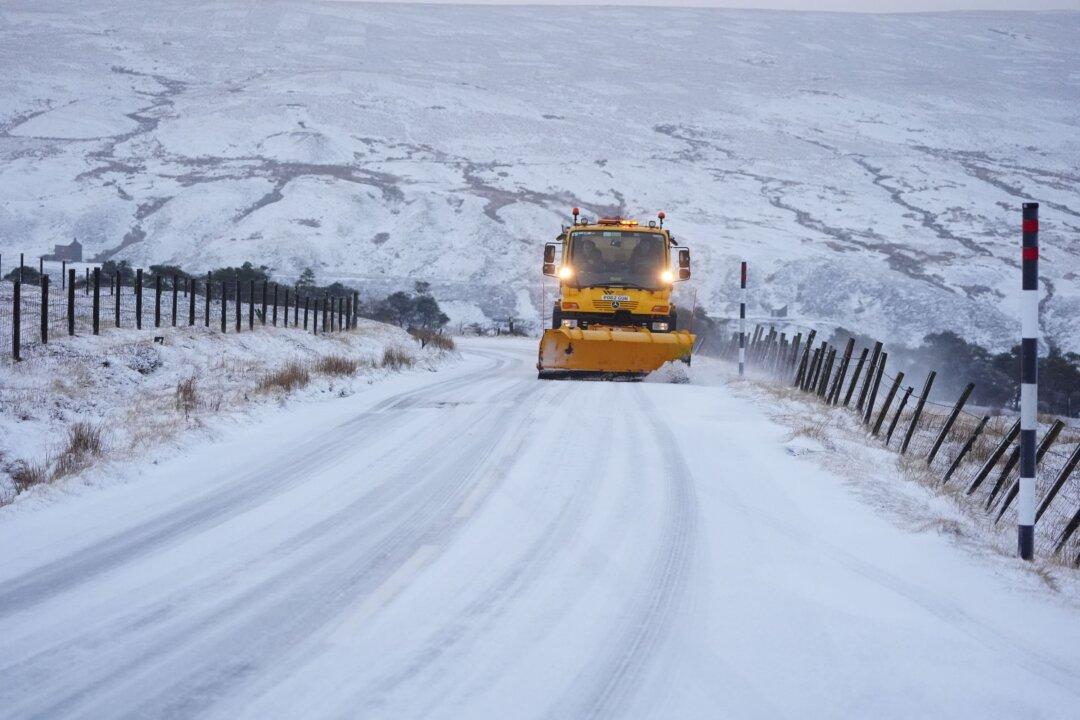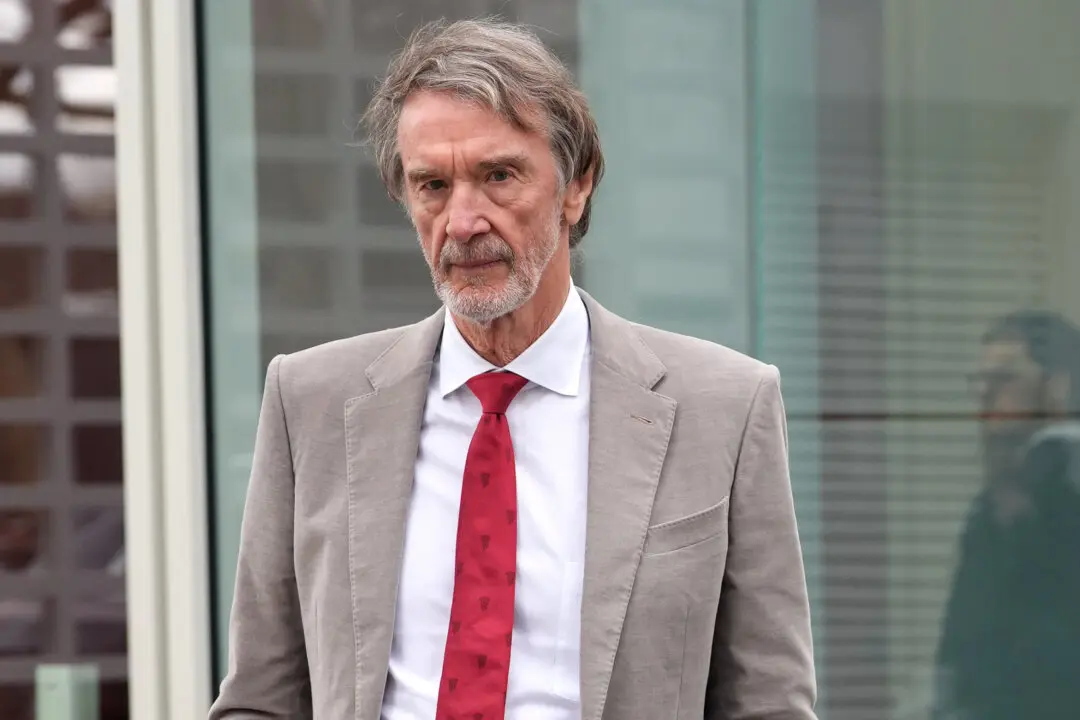Chancellor Rachel Reeves has said she is “absolutely certain” her welfare reforms will not push people into poverty, appearing to reject official warnings about their impact.
The chancellor also denied there will be further tax rises or spending cuts at the Autumn Budget in order to balance the books, but stopped short of ruling them out entirely.
An impact assessment of sweeping reforms to the benefits system was published alongside Reeves’s spring statement on Wednesday, and warned some 250,000 people—including 50,000 children—could fall into relative poverty as a result of the changes.
Some 370,000 people currently on disability benefits would lose on average £4,500 per year in 2029/30, as a result of the changes, the government’s impact assessment says.
The chancellor made further cuts to welfare during the statement, aimed at reducing the welfare bill by nearly £5 billion.
But amid warnings about the impact of the cuts, the chancellor told Sky News: “I am absolutely certain that our reforms, instead of pushing people into poverty, are going to get people into work.
“And we know that if you move from welfare into work, you are much less likely to be in poverty.
“That is our ambition, making people better off, not making people worse off, and also the welfare state will always be there for people who genuinely need it.”
Separate figures published on Thursday showed a new record high number of children living in poverty in the UK.
Data published by the Department for Work and Pensions showed 4.45 million children were estimated to be in households in relative low income, after housing costs, in the year to March 2024, which is up from 4.33 million the previous year and the highest figure since comparable records for the UK began in 2002/03.
The total number of people in the UK estimated to be living in poverty was down slightly, to 14.25 million in 2023/24 from 14.32 million in the previous 12 months.
Alongside the official estimates from Wednesday on welfare reform, there were warnings about the effect of the welfare cuts from the Resolution Foundation.
The living standards think tank’s analysis said the combination of a weak economic outlook and benefit cuts fall disproportionately on lower-income families, and mean that average income for the poorest half of households is on track to fall by £500 on average over the next five years.
It also said the full scale of welfare cuts enacted by the chancellor are far greater than the £4.8 billion savings.
The think tank said the measures actually contain £8.1 billion of cuts when planned reforms to the work capability assessment which are not going ahead are accounted for.
The 2020s are shaping up to be a “disaster” for living standards in the UK, the think tank’s Research Director James Smith said.
The current Parliament, from 2024–29, is forecast to be the third-worst on record for household disposable incomes, he added.
He said “things really get worse” if you focus on the poorest half of the income distribution, who are “basically at recession levels.”
“We project incomes for this group falling about 3 percent or £500 on average.”

Speaking to broadcasters on the morning after her statement, the chancellor also signalled she was not willing to make further cuts or tax rises at the Autumn Budget.
The Institute for Fiscal Studies, an economics-focused think tank, warned after her statement that Reeves had left herself open to six months of “damaging speculation and uncertainty over tax policy.”
While the chancellor restored her £9.9 billion headroom of spending power with cuts made at the statement, the IFS warned the buffer is small by historic standards.
This risks the need for further cuts, or even tax rises at the Autumn Budget, if Reeves is to adhere to her self-imposed fiscal rules to not borrow cash to pay for day-to-day public spending.
Asked by Times Radio if it was the truth she would have to return at the Autumn Budget with more cuts or tax rises, the chancellor said, “No, it’s not.”
Asked if this meant she could rule out these measures, Reeves replied, “What I’m saying is that there are loads of things that this government are doing that are contributing to growth.”
She pointed to planning reforms as an example, citing the Office for Budget Responsibility’s analysis this would add “£3.4 million to our public finances” as a result of economic growth.
The chancellor added: “That shows if we go further and faster on delivering economic growth with our planning reforms, with our pensions reforms, with our regulatory reforms, we can both grow the economy and have more money for our public services. And that is what I’m focused on.”
U.S. President Donald Trump’s overnight announcement of 25 percent tariffs on all car imports to the United States could already place the renewed fiscal headroom at risk, the Tories warned.
Shadow chancellor Mel Stride told ITV’s “Good Morning Britain”: “If we have a world trade war, that headroom that Rachel Reeves rebuilt yesterday because she burned through all the last headroom, I’m afraid, will just not be sufficient.
“She should have had us in a stronger position, so that she had more headroom, more resilience in the economy to withstand these things.”






